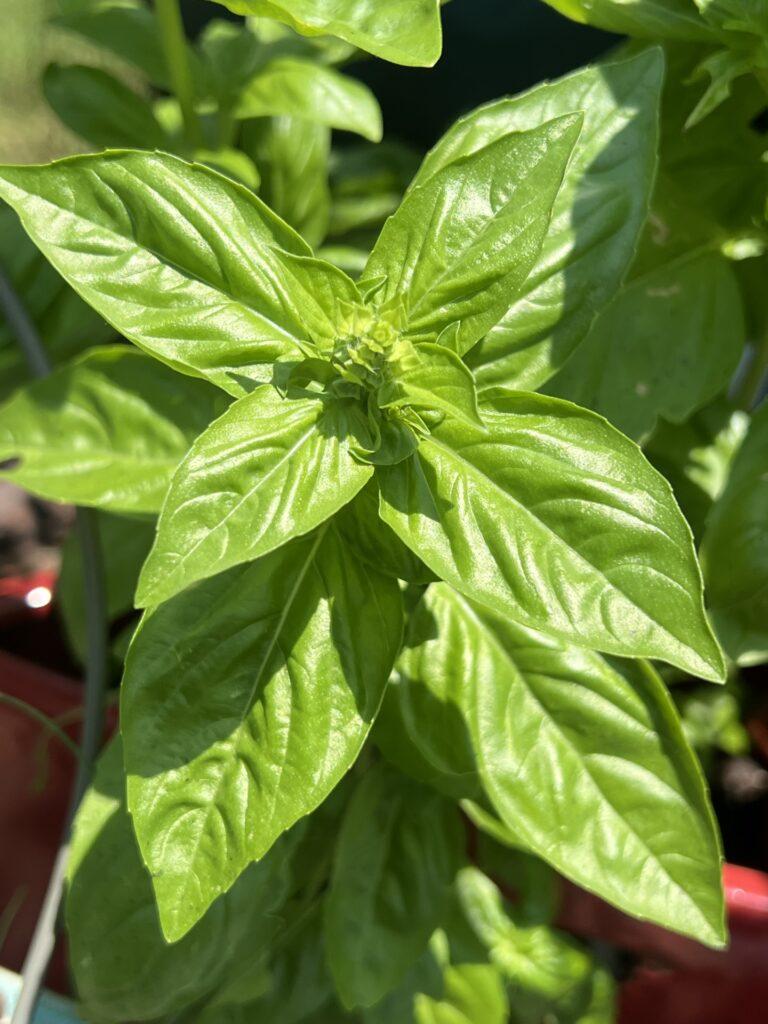Black British but not proud

Before leaving the Caribbean to come to the UK from the late 1940s through the early 1970s, some Caribbean people felt they were part of the empire and felt a sense of belonging. These feelings were often shattered upon arrival, because of the harsh racial discrimination many of them subsequently experienced. Understandably, Britain was not often regarded as their home. Home was back in the Caribbean, ‘back a yard’. Most were proud to belong to their Caribbean states. Perhaps the children they would give birth to in the UK, might have had similar feelings and closeness to the Caribbean, as part of their parents’ cultural heritage. But what of the second and third generation of Black Britons who know no other home but Britain? Should they not have a great love for ‘their country’ and be proud to be Black and British? Sadly, it appears this is not the case. Many Black people in Britain today are not proud to be British.
Recent research (Feb 2023) carried out by the University of Cambridge’s Sociology Department in collaboration with the Voice Newspaper, and a London-based management consultancy group, I-cubed, which was founded by two Black women, found that around half (49%) of Black Britons consider themselves at least somewhat ‘proud to be British’, while almost half (45%) take little to no pride in Britishness. Over 10,000 Black Britons from across the UK completed the survey covering social and cultural issues, from media and politics to mental health.
It would be interesting to know, for example, whether British Black sports people representing the country in high profile sports feel truly British and proud. Some of them are considered sports ambassadors of the country. There are also Black British people who have served and continue to serve in the armed forces, the police, and of course, Black British members of Parliament and Black local councillors. However, the evidence from the study cited above seems overwhelming. A wide cross section of Black people in Britain do not feel proud to be British.
Some of the main reasons offered to explain this are familiar. They include distrust between sections of the Black community and the police, disparities in the criminal justice system, not being taken seriously within the healthcare system, racial discrimination in the workplace, underachievement in the education system and the disproportionate number of Black men in the prisons and mental health institutions. Although things have improved since the 1940s, there is obviously still a long way to go in terms of addressing this disquiet. Three small steps could be seriously taken to help.
The first starts with the very young. There is the need for a nation-wide push to recruit more Black teachers in primary and secondary schools, especially more Black men. This might need a 5–10-year incentive scheme. The second step, which builds on the first, is the need for a national drive to incorporate more fully into the national curriculum the significance of Black involvement in British history. This should not, as some Black people suggest, consist only of listing outstanding Black achievers in British history, but should go much wider and deeper. This should be taught as part of British history and not only during Black History Month. The third step is the need for more Black police officers.
Some Black people have gone as far as to suggest the need for Black people to set up their own police force to serve their own communities, but the more practical answer is probably a push to increase the Black presence in the force. Until or unless Black presence in Britain can be seen as ‘normal’ in the sense of people going about their daily lives, there will continue to be two societies in Britain competing for their individual survival. If this persists, many Black people will continue to feel disenfranchised and therefore feel far from proud to be British.






